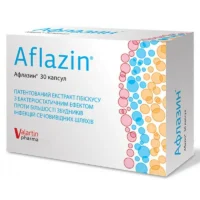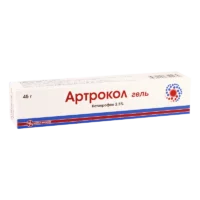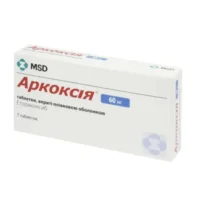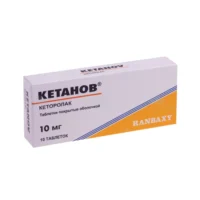Description
Fort-gel 2.5% 30 g
Ingredients
Fort-gel 2.5% contains the active ingredient Benzoyl Peroxide 2.5% in a gel base.
Mechanism of Action
Benzoyl Peroxide in Fort-gel 2.5% works by introducing oxygen into the skin, which helps to kill the bacteria responsible for acne. It also has mild exfoliating properties, helping to unclog pores and prevent new acne breakouts.
Pharmacological Properties
The active ingredient Benzoyl Peroxide in Fort-gel 2.5% effectively targets acne-causing bacteria and reduces inflammation in the skin, leading to a reduction in acne lesions.
Indications for Use
Fort-gel 2.5% is indicated for the treatment of acne vulgaris.
Contraindications
Do not use Fort-gel 2.5% if you are allergic to Benzoyl Peroxide or any other ingredients in the product.
Side Effects
Common side effects of Fort-gel 2.5% may include skin dryness, peeling, or redness, especially during the initial weeks of treatment. It is recommended to use a moisturizer as needed and avoid excessive sun exposure.
Usage Instructions
Apply a thin layer of Fort-gel 2.5% to the affected area once or twice daily, or as directed by a healthcare professional. Cleanse the affected area before application and avoid contact with eyes, lips, mouth, and other mucous membranes.
Benefits Compared to Analogues
Compared to similar acne treatments, Fort-gel 2.5% has been shown to be effective with a lower risk of bacterial resistance development, making it a preferred choice for long-term acne management.
Suitable Patient Groups
Fort-gel 2.5% is suitable for use in various patient groups, including adolescents, adults, and elderly individuals with acne vulgaris.
Storage and Shelf Life
Store Fort-gel 2.5% in a cool, dry place away from direct sunlight. Check the expiration date on the packaging and do not use the product if expired.
Packaging Description
Fort-gel 2.5% is available in a 30 g tube for topical application.





